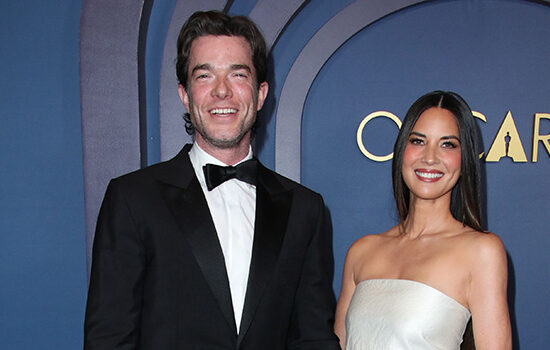
I don’t usually expect to begin writing a piece with the words, “I just received an email from Elliot Grove”, but I just received an email from Elliot Grove. It turns out that the birth of the British Independent Films Awards, BIFA to all and sundry, was 25 years ago.
It seems like yesterday. But it was a privilege to be involve in the creation of this event.
Elliot and I remember it slightly differently. He writes that I “announced one day that we should start an awards show to celebrate the independent films that we were seeing”.
I recall that we were sitting around the long table in the centre of the old Raindance office (really a door placed on trestles), stuffing envelopes for a film course mail-out, when we got to talking about the Spirit Awards. I claim that I said, “Someone should do that here.” And Elliot said, “Well, you could do that.”
“When?” says me, thinking I’d have a year to pull this together.
“October?” says Elliot.
I spent the next month in a blind panic. And then we began pulling it together, forming an Advisory Committee from across the British film industry to tell us what they needed.
Because there is a need for award shows. I found myself, in the very early days, in a conversation with the legendary British producer Mark Shivas, who was one of my film making heroes. On the call, he asked me, “Why do we need another awards show?”
I don’t know where I found the balls to speak as I did to a man I so greatly admired, but my reply was this: Awards don’t exist to celebrate talent (though, of course, they do); Awards exist to sell movies, and our movies nobody’s buying. Too much talent is being lost by the wayside, and we need to step up.
To my eternal gratitude, Mark agreed. So did the Canadian executive producer Daniel Weinzweig, William Morris agent Steve Kennis, the PR maven Phil Symes and a host of others, all of whom this event would not exist without.
We did that show for a total sum of £48,760. Most of that was ticket sales. The rest of it was favours. Our agenda was clear: a celebration of cinema, of modern Britishness, of new talent. Of the maverick nature within our art. And then I threw a spanner in the works. I insisted the event should be black tie.
Within the committee, we compromised that the ticket should read “black tie optional”. And for the two weeks leading up to that first show, my phone was filled with calls asking what does that mean? To which I replied, with the arrogance of youth, “It means, you wear black tie; unless you’re a movie star, in which case you can wear what the fuck you like.”
Let me briefly explain why. We were new. No one thought the show would amount to much. I remember being told that we’d host three guys and a dog. My one hunch was this. Dressing up in black tie or a fancy frock is an annoyance. But there comes that moment when you’ve clipped or tied you tie, done up your chic necklace, that you look in the mirror and you realise… I look good… And this has an effect on the room.
Added to that, people walked into that first show, into room branded with Veuve Cliquot to glasses filled with a small lake of their champagne (a reception organized by Tessa Collinson who, from the first, was a lynchpin of the team). That made them, British independent film makers feel like they mattered. That somebody cared.
We cared.
With the most basic stage set, with a solid three course banqueting menu from The Café Royal, and with a booze budget of a bottle of wine a head, we somehow got away with the most threadbare, raw, insane awards show of all time.
There was a punch-up. Someone called the police. A very successful actor (whose name I will withhold) called a former British prime minister the most filthy word in the English language. And the next day, despite operating broadly under the radar, we were a thing. Courted by sponsors. Able to move to the next step.
I have been told since by some of those early award winners that BIFA changed their career. In each and every case, I know their talent was such that they would have nonetheless become stars. But, as Tesco kindly tells us (and they’ve never sponsored us), every little helps.
And that was the point.
We all need support. We all need friends. We all need a push. We all need someone crazy saying, hey, this person’s brilliant.
That is what a show like this is for. And what I am most proud of is that this is the answer to Mark Shivas’s question: why did we need another awards show? Because it takes the unique artists, thriving in the United Kingdom, to the next level. Because it makes people look. And say, as Elliot has told me for years, there’s something in the water here that makes talent.
And that’s why we’re here.
Resources:
BIFA Website
25th Anniversary jnterview with Hollywood Reporter
Fred Hogge is a historian and film-maker who has long been in the business of storytelling. As a ghost-writer he has collaborated on books ranging from the history of cocktails to how the ancient Chinese art of Wing Tsun can be applied to modern businesses such as Penguin Random House and Hachette. Fred is British by birth and lives in Thailand.














